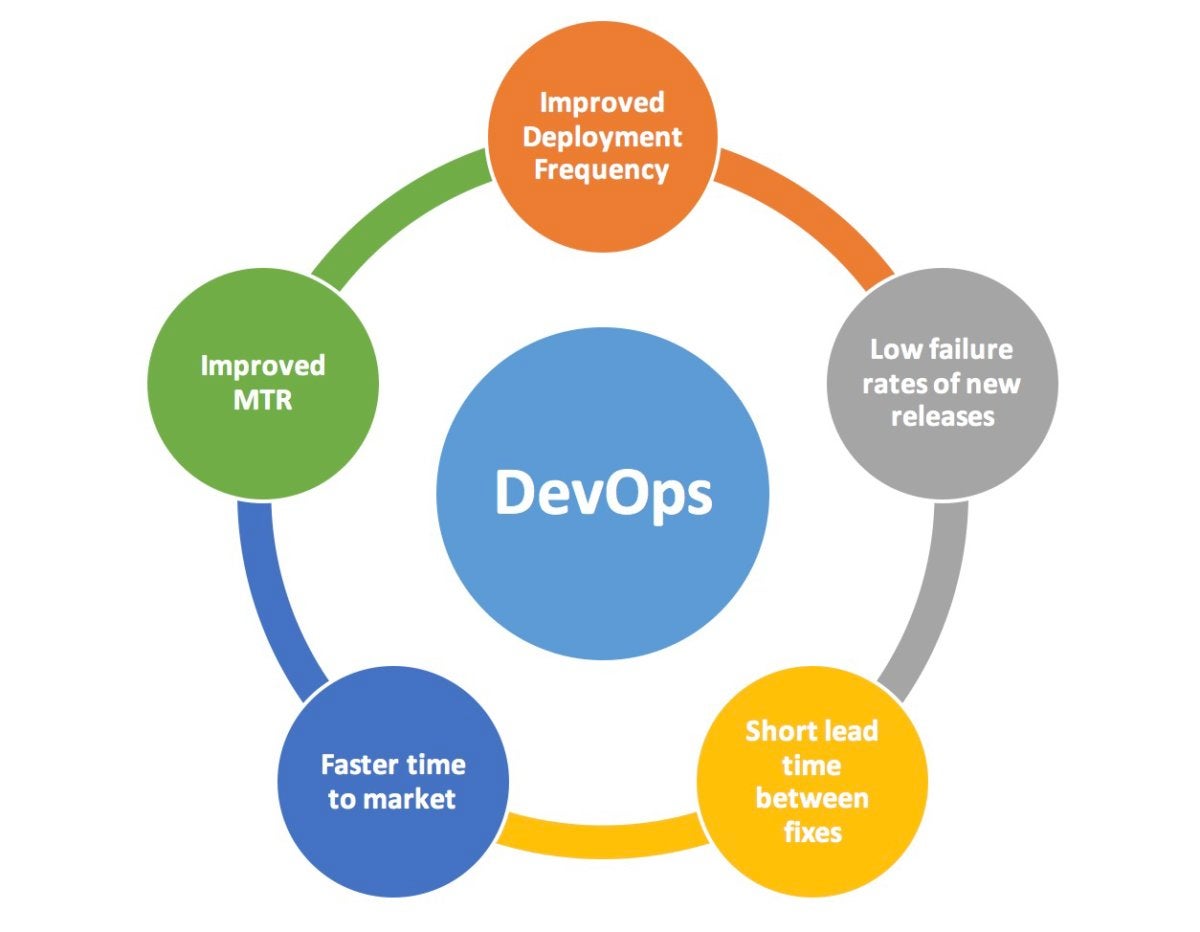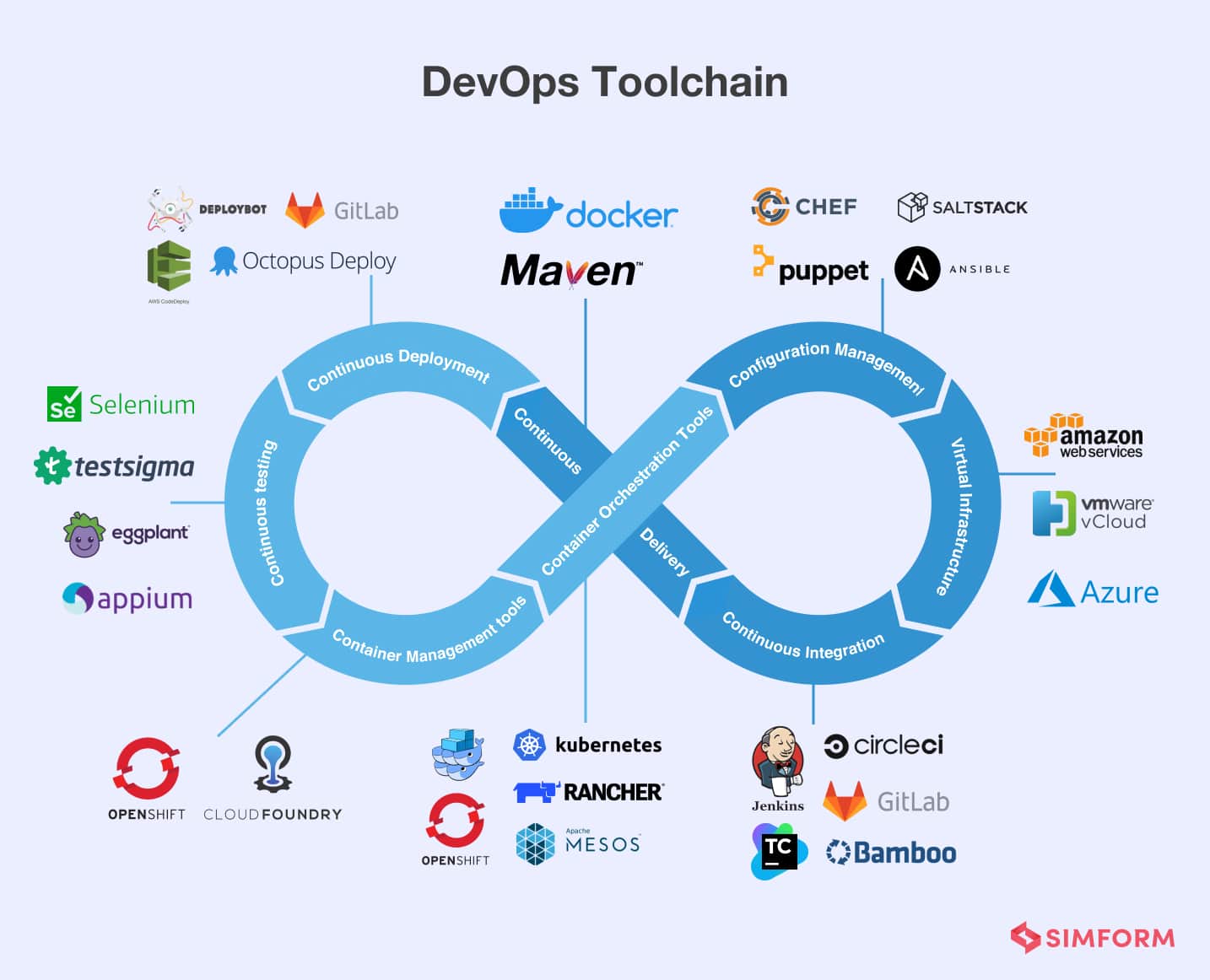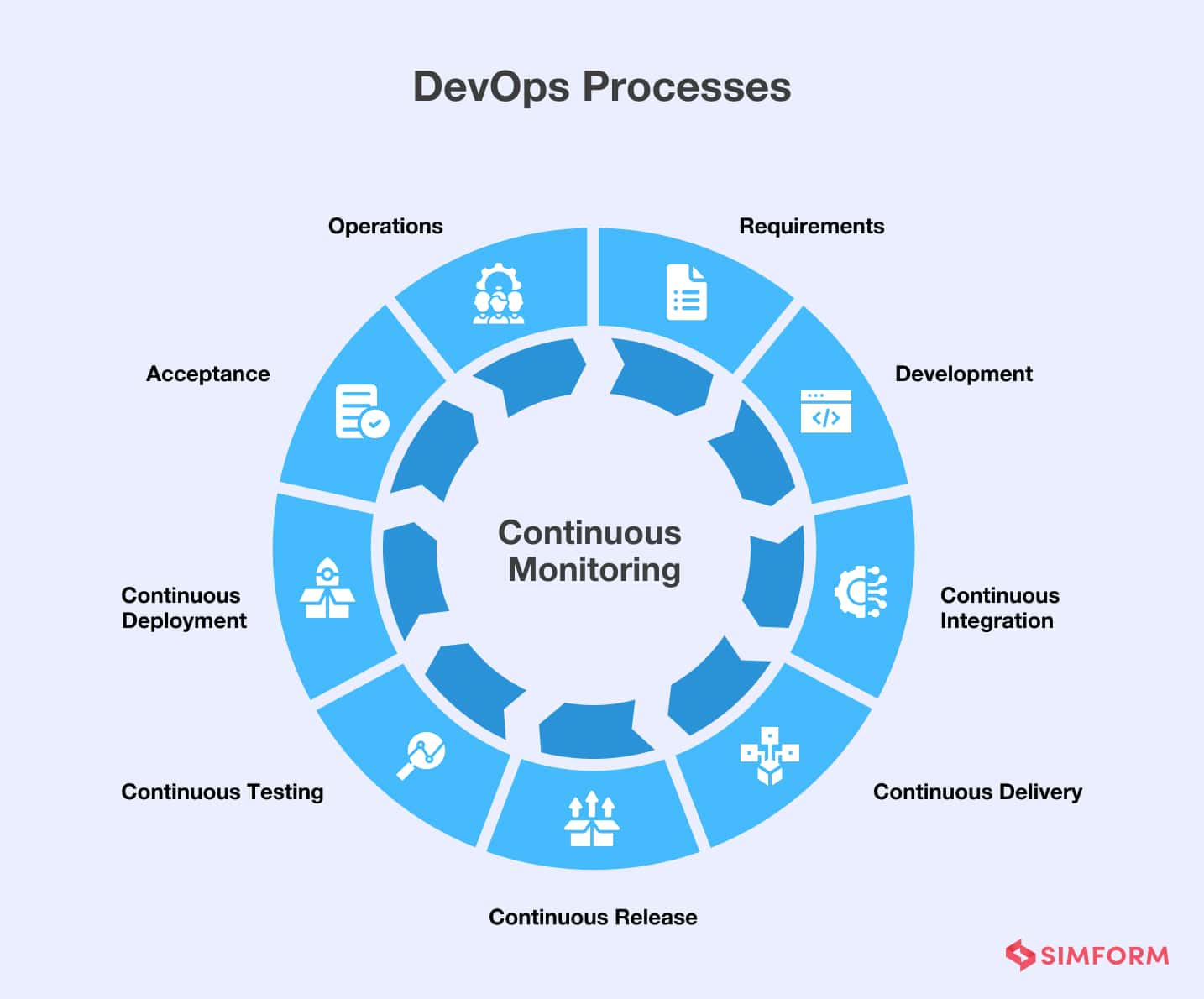Understanding DevOps Projects: Key Components and Importance
DevOps projects are collaborative initiatives between development and operations teams that aim to streamline software delivery and improve the overall quality of software products. These projects typically involve the implementation of DevOps practices, such as continuous integration, continuous delivery, infrastructure as code, and microservices architecture. By engaging in devops projects, professionals can enhance their skills and stay updated with the rapidly evolving IT industry.
Popular DevOps Project Ideas to Explore
DevOps projects offer a wealth of opportunities for professionals to enhance their skills and knowledge. Some popular DevOps project ideas include:
- Containerization with Docker: Create and manage Docker containers to package, deploy, and run applications in isolated environments.
- Kubernetes cluster setup: Design, configure, and manage a Kubernetes cluster to orchestrate containerized applications and ensure high availability and scalability.
- Infrastructure as code with Terraform: Implement Terraform to automate infrastructure provisioning and manage resources as code, improving reusability and reducing manual intervention.
- CI/CD pipelines with Jenkins: Develop and configure Jenkins pipelines to automate continuous integration and delivery processes, ensuring faster and more reliable software releases.
Selecting the Right DevOps Project: Criteria to Consider
Choosing the right devops project is crucial for personal growth and success in the DevOps field. Consider the following factors when making your decision:
- Personal goals: Align your DevOps project with your career objectives and areas of interest. This will ensure that you remain motivated and committed throughout the project.
- Available resources: Evaluate the resources at your disposal, including time, budget, and hardware, to ensure that they are sufficient for the chosen project.
- Familiarity with tools and technologies: Opt for a DevOps project that matches your current skill level and familiarity with various tools and technologies. This will help you avoid unnecessary frustration and enable you to make the most of your learning experience.
How to Get Started with Your DevOps Project: Step-by-Step Guide
Initiating a DevOps project can be an exciting endeavor. Follow these steps to ensure a smooth start:
- Set up the development environment: Install the necessary tools, software, and libraries required for your chosen DevOps project. Ensure that your system meets the minimum requirements and that all components are compatible with one another.
- Plan the project: Define the project scope, objectives, and milestones. Break down the project into smaller tasks and allocate resources accordingly. Establish a timeline for each task and set deadlines to keep the project on track.
- Implement the chosen idea: Begin working on the tasks outlined in your project plan. Regularly commit code to version control systems, collaborate with your team, and test your implementation to ensure that it meets the desired specifications.
Real-Life DevOps Project Examples: Success Stories and Lessons Learned
Exploring real-life DevOps project examples can provide valuable insights and inspiration. Here are a few success stories and lessons learned:
Example 1: Containerizing a Monolithic Application with Docker
A development team at a mid-sized company decided to containerize their monolithic application using Docker. By doing so, they managed to reduce deployment times and minimize conflicts between development environments. The key lesson learned was the importance of maintaining a detailed inventory of containers and their dependencies to ensure smooth operations and troubleshooting.
Example 2: Implementing Infrastructure as Code with Terraform
A DevOps team at a large organization adopted Terraform to manage their infrastructure as code. This approach allowed them to automate resource provisioning, reduce manual intervention, and ensure consistent configurations across various environments. The main takeaway was the need for thorough testing and validation of Terraform scripts before applying them to production environments.
Best Practices for Managing and Completing DevOps Projects
Adhering to best practices can significantly contribute to the success of your DevOps projects. Here are some recommendations to consider:
- Version control: Implement version control systems, such as Git, to manage your codebase and track changes. This practice facilitates collaboration, simplifies troubleshooting, and ensures that your team members are working with the most up-to-date code.
- Collaboration: Foster a collaborative environment by encouraging communication, knowledge sharing, and pair programming. Utilize tools like Slack, Microsoft Teams, or Google Workspace to facilitate teamwork and keep everyone on the same page.
- Testing: Incorporate automated testing into your DevOps projects to validate functionality, performance, and security. Implement unit tests, integration tests, and end-to-end tests to ensure that your applications meet the desired specifications and that any regressions are caught early on.
- Documentation: Maintain comprehensive documentation for your DevOps projects, including architecture diagrams, setup guides, and release notes. Clear documentation helps onboard new team members, supports knowledge transfer, and assists in troubleshooting and maintenance activities.
Expanding Your DevOps Portfolio: Additional Project Ideas and Resources
Once you have gained experience with popular DevOps project ideas, consider exploring these additional concepts and resources to further enhance your skills:
- Serverless computing: Investigate serverless architectures using platforms like AWS Lambda, Google Cloud Functions, or Azure Functions. These services enable you to focus on writing code without worrying about infrastructure management.
- ChatOps: Implement ChatOps by integrating development tools and services with communication platforms like Slack or Microsoft Teams. This approach allows you to automate tasks and manage infrastructure directly from chat interfaces, improving collaboration and productivity.
- Security in DevOps: Emphasize security best practices throughout the DevOps lifecycle, including threat modeling, secure coding, and automated security testing. Familiarize yourself with tools like OWASP ZAP, Snyk, or Aqua Security to enhance your DevSecOps skills.
- Monitoring and observability: Master monitoring and observability techniques to ensure the health and performance of your applications and infrastructure. Explore tools like Prometheus, Grafana, or ELK Stack to collect, visualize, and analyze metrics, logs, and traces.
For further learning, consider visiting the following resources:
Maximizing the Benefits of DevOps Projects: Continuous Learning and Improvement
Continuous learning and improvement are vital for DevOps professionals seeking to stay current and competitive in the rapidly evolving IT industry. By embracing a growth mindset and consistently refining their skills, DevOps practitioners can enhance their value, contribute more effectively to their teams, and drive organizational success.
- Stay informed about industry trends: Regularly read DevOps-related blogs, articles, and publications to stay updated on the latest trends, best practices, and emerging technologies. Engage in online forums, attend webinars, and join local DevOps meetups to learn from experienced professionals and participate in discussions.
- Practice regularly: Hands-on experience is crucial for mastering DevOps skills. Dedicate time to practice new tools, techniques, and methodologies in a controlled environment, such as personal projects or lab setups. Consistent practice will help you build confidence and proficiency in your craft.
- Seek feedback and provide mentorship: Constructive feedback is essential for growth and improvement. Actively seek feedback from your peers and superiors, and be open to learning from your mistakes. Consider mentoring junior team members, as teaching others can help solidify your understanding of DevOps concepts and practices.
- Explore new tools and technologies: The DevOps landscape is constantly evolving, with new tools and technologies emerging regularly. Be open to experimenting with these innovations, and evaluate their potential benefits and drawbacks for your DevOps projects. Curiosity and adaptability will help you stay relevant and competitive in the IT industry.
By consistently focusing on continuous learning and improvement, DevOps professionals can unlock their full potential and drive success in their projects and careers.





